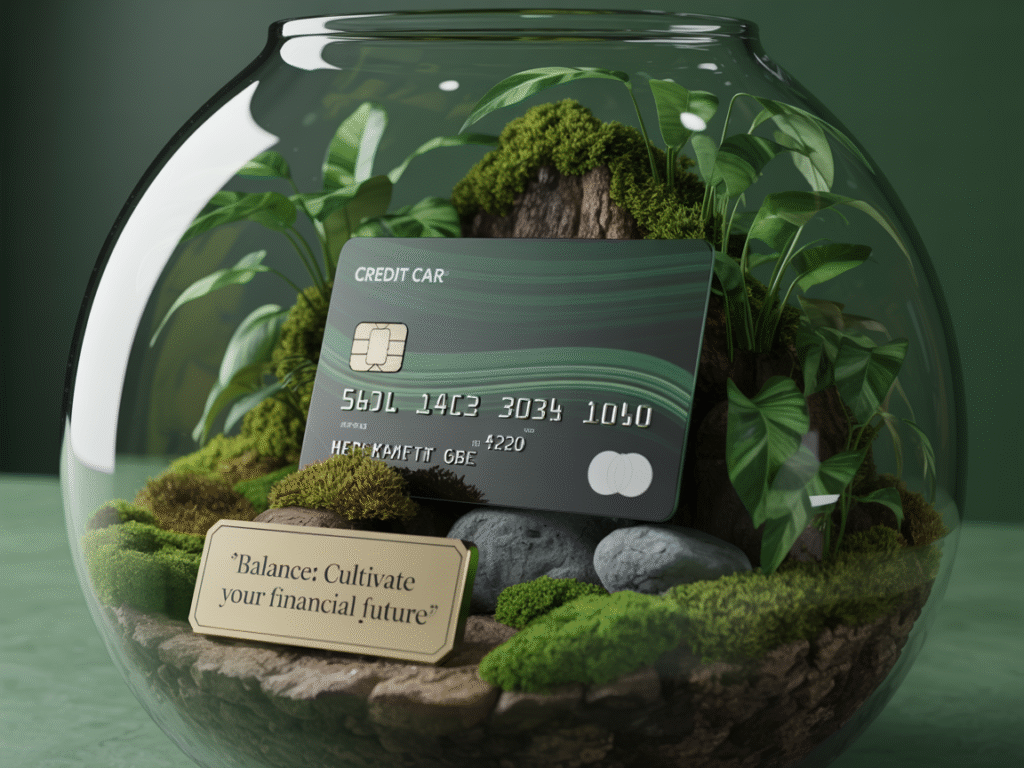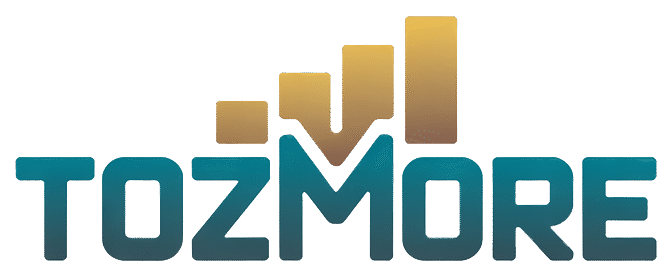
Let me start by saying this: if credit cards freak you out a little, you’re not alone. I totally get it.
There was a time—early twenties, new job, fresh out of college—when I thought a credit card was basically “free money.” You can guess how that ended: I maxed out a $1,200 limit in like two weeks buying concert tickets, clothes, and takeout… then spent the next year trying to crawl out of it with a minimum payment that barely moved the needle.
So yeah. I’ve been there. And if you’re just starting to build your credit or trying to fix some money mistakes, this article is for you.
I’m not gonna throw a bunch of financial terms at you. I just want to give you honest, simple strategies to use credit cards wisely—without falling into debt. No fluff. No guilt trips. Just what’s helped me and people I know in real life.
Know What You’re Dealing With (It’s Not Just Plastic)
Let’s start with something obvious that a lot of us ignore: a credit card is basically a loan. A super short-term one—unless you carry a balance. And then, it turns into a not-so-fun, expensive loan that grows faster than you expect.
Here’s the deal: most cards in the U.S. have interest rates between 18% and 29% right now (2025), depending on your credit. That means if you spend $500 and only pay the minimum? You’re probably giving the bank an extra $100 or more over time, for nothing.
So first things first—know your APR, and don’t let it sneak up on you.
“Te lo digo por experiencia: the moment you start thinking ‘I’ll pay it off later,’ is when the trouble starts.”
Golden Rule #1: Never Spend What You Can’t Pay Off That Month
This one’s big. Like, write-it-on-a-sticky-note-on-your-laptop big.
If you’re going to use a credit card, make sure you can pay off the full balance when the bill comes. Not just the minimum. Not “most of it.” The full thing.
Try This:
Use your credit card like it’s a debit card with benefits. Before you swipe (or tap), ask yourself: Do I have this amount in my checking account right now?
If not, wait.
Example:
My cousin Carlos used to use his card for everything—and then “figure it out” at the end of the month. That usually meant borrowing from his savings or just paying the minimum. When he started treating it like his debit card instead? His balance dropped, and he actually started earning rewards without stress.
Set a Personal Spending Limit (Not What the Bank Gives You)
Just because your card has a $4,000 limit doesn’t mean you should spend $4,000. Seriously.
Ojo con esto:
Banks love giving you more credit than you need because they make more money from interest. But it’s up to you to decide your own safe zone.
I recommend keeping your usage under 30% of your limit—even lower if possible. That helps your credit score and keeps things manageable.
Example:
Sarah, a single mom in Ohio, has a $3,000 limit. She sets her personal cap at $500/month and never goes past it. That way, she knows she can pay it off and never lose sleep.
Automate Payments—But Be Smart About It
One of the easiest ways to avoid late fees (which can tank your score fast) is to set up auto-pay. Even if it’s just for the minimum.
But—and this is important—don’t only pay the minimum. Try to log in at least once a week and check your balance. Make extra payments if you can.
Apps like Mint, Rocket Money, or even your bank’s app can help you keep an eye on your spending and remind you when bills are due.

Use Rewards—But Don’t Let Them Use You
I’ll admit it: getting cash back or points feels awesome. Like, “Look at me being responsible and earning perks!”
But here’s the trap: some people start spending more than they should just to earn rewards. That’s backwards.
“La verdad que those 2% cash back offers don’t mean much if you’re paying 20% in interest.”
So here’s the rule: never spend just to earn rewards. Use the rewards as a bonus for things you were gonna buy anyway—groceries, gas, stuff like that.
Plan Big Purchases—Don’t Improvise
Let’s say your laptop dies, or you need new tires. That stuff adds up, fast.
If you’re gonna use a credit card, do it with a plan. Make sure you know how long it’ll take to pay it off—and whether you can do it before interest kicks in.
Some cards offer 0% intro APR on purchases for 12–21 months (like the U.S. Bank Visa® Platinum). That gives you time to pay off something big without interest—but only if you stick to a plan.
“I used a 0% card to pay for a surprise dentist bill. I divided the balance over 10 months and never paid a penny in interest. It takes discipline, but it’s worth it.”
Avoid These Common Traps (Seriously)
- Minimum payments only. You’ll stay in debt forever. Always pay more if you can.
- Cash advances. Just don’t. The fees and interest start immediately—no grace period.
- Missing payments. Even once can hurt your score and bump up your APR. Set reminders. Use auto-pay. Whatever it takes.
Bonus Tools That Help
- 📱 Experian Boost – Helps raise your score using things like phone and utility bills.
- 📚 “Your Score” by Anthony Davenport – Short read, but super helpful for understanding credit in real-life terms.
- 🧾 Budgeting apps like YNAB or Goodbudget – Helps track what’s safe to spend.
You’re Not Alone—And You’re Not “Bad at Money”
I wanna say this loud and clear: You are not dumb or irresponsible for struggling with credit cards. Most of us weren’t taught how to use them wisely—we just figured it out as we went (and usually, the hard way).
The fact that you’re even reading this means you care. And that’s the first step.
Start small. Use your card for one or two regular bills (like gas or Netflix), pay it off in full, and watch your confidence grow.
If you mess up? It’s okay. Just reset, make a plan, and move forward.
Final Thoughts: Credit Cards Are Tools—Use Them, Don’t Let Them Use You
Credit cards don’t have to be scary or evil. They’re just tools. Like a hammer—you can build something useful, or break a window.
If you stick to spending what you can afford, pay it off each month, and watch your usage, you’ll be fine. Actually, you’ll do more than fine—you’ll build credit, earn a few perks, and have a lot more peace of mind.
Just take it one purchase, one statement, one month at a time.
And hey, if you ever feel lost, confused, or overwhelmed? Don’t be afraid to ask for help. We’ve all been there. No shame in that.
You got this.
